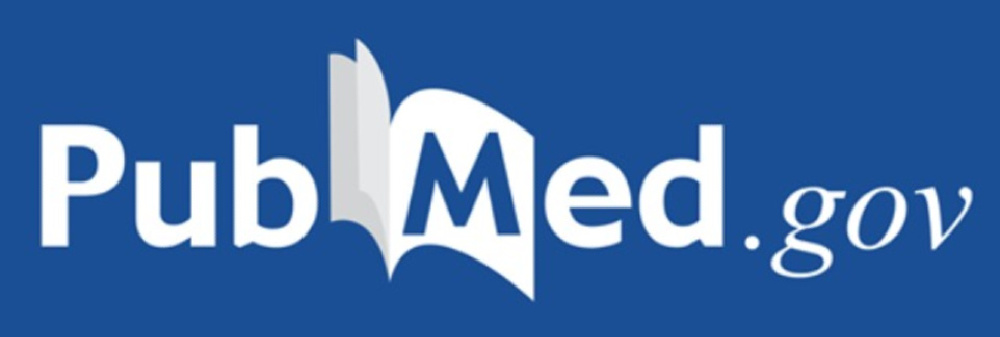Abstract
Growing interest in the clinical use of cannabidiol (CBD) as adjuvant therapy for pediatric refractory epileptic encephalopathy emphasizes the need for drug treatment optimization. The aim of this study was to characterize the pharmacokinetics of CBD in pediatric patients with refractory epileptic encephalopathy receiving an oil-based oral solution. To evaluate CBD concentrations, six serial blood samples per patient were collected after the morning dose of CBD, at least 21 days after the beginning of treatment. Twelve patients who received a median (range) dose of 12.2 (5.3-19.4) mg/kg/d (twice daily) were included in the analysis. Median (range) CBD time to maximum plasma concentration, maximum plasma concentration, and area under the concentration versus time curve up to 6 hours after dosing were 3.2 hours (1.9-6.2), 49.6 ng/mL (14.4-302.0), and 226.3 ng ⋅ h/mL (70.5-861.3), respectively. CBD systemic exposure parameters were in the lower range of previous reports in pediatric patients receiving doses in a similar range. Most of our patients (83%) showed little CBD plasma level fluctuation during a dosing interval, comparable to that encountered after oral administration of an extended release drug delivery system. CDB administration was generally safe and well tolerated, and a novel levothyroxine-CBD interaction was recorded. Similar to other studies, large interindividual variability in CBD exposure was observed, encouraging the use of CBD therapeutic drug monitoring.
Keywords: administration, oral, cannabis, epilepsy, pediatrics, pharmacology
© 2020 International League Against Epilepsy.
Similar articles
-
Don’t Fear the Reefer-Evidence Mounts for Plant-Based Cannabidiol as Treatment for Epilepsy.Epilepsy Curr. 2019 Mar-Apr;19(2):93-95. doi: 10.1177/1535759719835671.PMID: 30955420 Free PMC article.
-
The protocol for the Cannabidiol in children with refractory epileptic encephalopathy (CARE-E) study: a phase 1 dosage escalation study.BMC Pediatr. 2018 Jul 7;18(1):221. doi: 10.1186/s12887-018-1191-y.PMID: 29981580 Free PMC article. Clinical Trial.
-
A Phase I, Randomized, Double-Blind, Placebo-Controlled, Single Ascending Dose, Multiple Dose, and Food Effect Trial of the Safety, Tolerability and Pharmacokinetics of Highly Purified Cannabidiol in Healthy Subjects.CNS Drugs. 2018 Nov;32(11):1053-1067. doi: 10.1007/s40263-018-0578-5.PMID: 30374683 Free PMC article. Clinical Trial.
-
Cannabidiol Treatment for Refractory Epilepsies in Pediatrics.Front Pharmacol. 2020 Sep 29;11:586110. doi: 10.3389/fphar.2020.586110. eCollection 2020.PMID: 33117180 Free PMC article. Review.
-
Cannabidiol as potential treatment in refractory pediatric epilepsy.Expert Rev Neurother. 2016;16(1):17-21. doi: 10.1586/14737175.2016.1121098. Epub 2015 Dec 9.PMID: 26567560 Review.
References
REFERENCES
-
- Devinsky O, Cross JH, Wright S. Trial of cannabidiol for drug-resistant seizures in the Dravet syndrome. N Engl J Med. 2017;377(7):699-700.
-
- Wheless JW, Dlugos D, Miller I, Oh DA, Parikh N, Phillips S, et al. Pharmacokinetics and tolerability of multiple doses of pharmaceutical-grade synthetic cannabidiol in pediatric patients with treatment-resistant epilepsy. CNS Drugs. 2019;33(6):593-604.
-
- Caraballo R, Demirdjian G, Reyes G, Huaman M, Gutierrez R. Effectiveness of cannabidiol in a prospective cohort of children with drug-resistant epileptic encephalopathy in Argentina. Seizure. 2020;80:75-80.
-
- Wang GS, Bourne DWA, Klawitter J, Sempio C, Chapman K, Knupp K, et al. Disposition of oral cannabidiol-rich cannabis extracts in children with epilepsy. Clin Pharmacokinet. 2020;59(8):1005-12.
-
- Elliott J, DeJean D, Clifford T, Coyle D, Potter BK, Skidmore B, et al. Cannabis-based products for pediatric epilepsy: a systematic review. Epilepsia. 2019;60(1):6-19.


